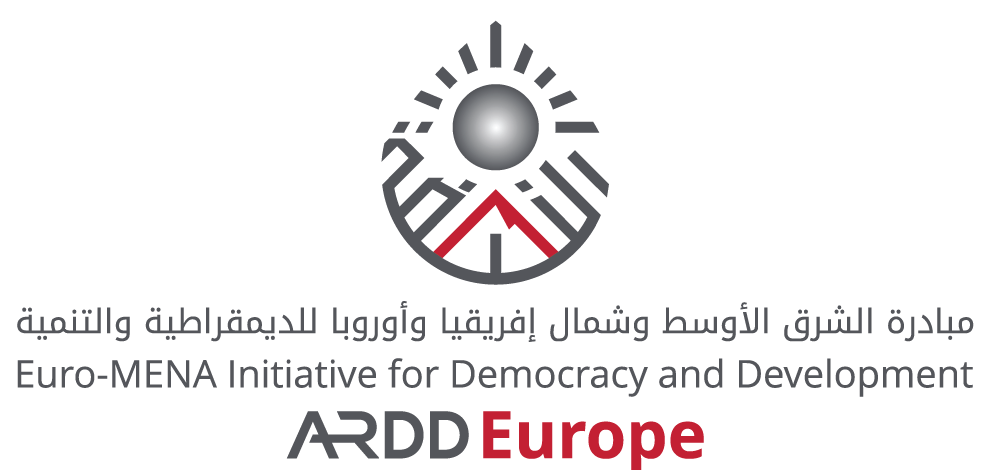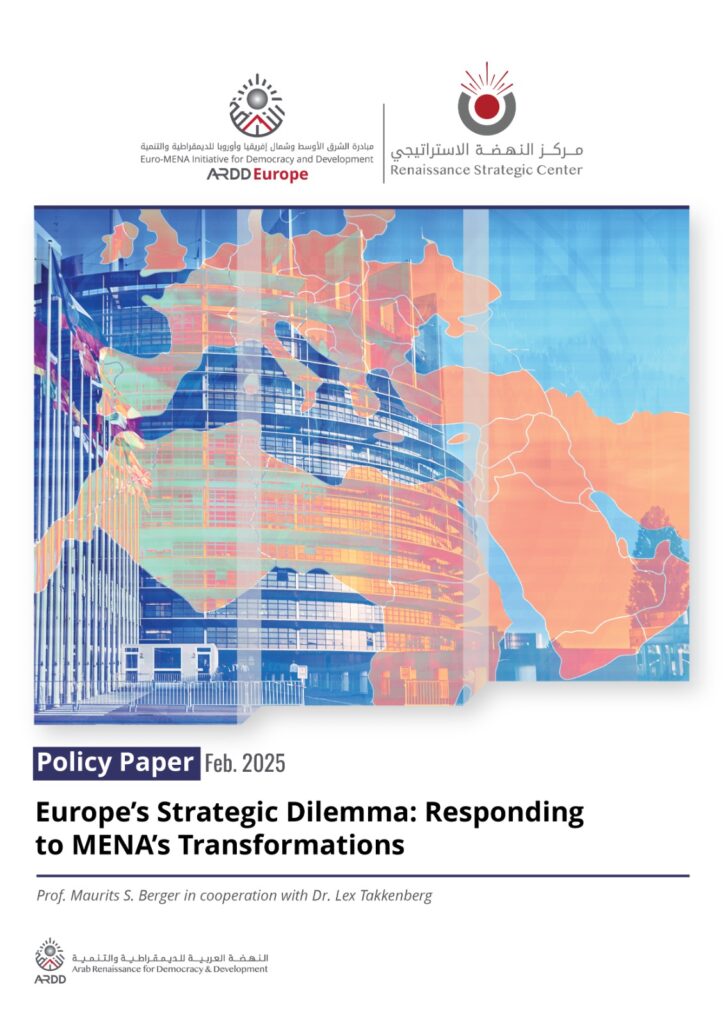Regarding the EU’s ‘strategic dilemma,’ the tentative conclusion appears to be that there is little dilemma left: the EU has moved from a foreign policy of dialogue in the 1990s to one called ‘principled pragmatism’ in 2016, to a policy that appears to be mostly driven by pragmatism and self-interest, particularly in the domains of security, migration, and energy.
While this new European policy may be required by today’s geopolitical developments, it also carries certain risks. First, if the geopolitical merits of human rights and multilateralism (as still proclaimed by the EU) are not sustained in any form, they risk losing their relevance. Second, not adhering to the self-proclaimed European values of international law and humanitarian and democratic principles may be detrimental to the EU’s image. Finally, the EU has, in the past decade, repeatedly been criticized for too little self-reflection on past failed efforts in that region. Therefore, it runs the distinct risk to maintain that attitude when effecting new policies in the region.

